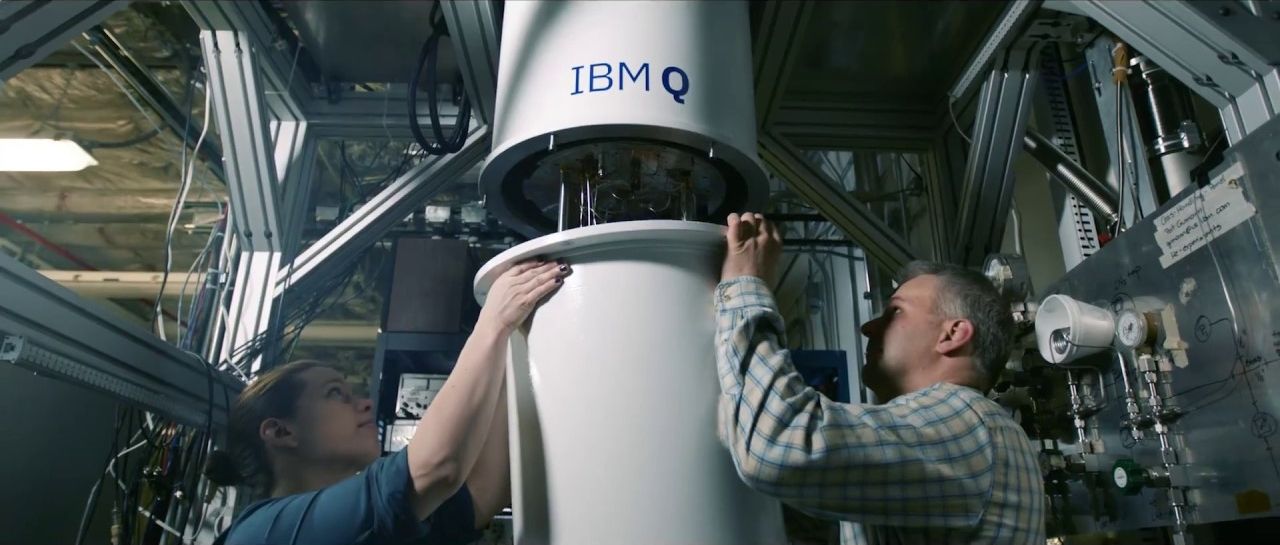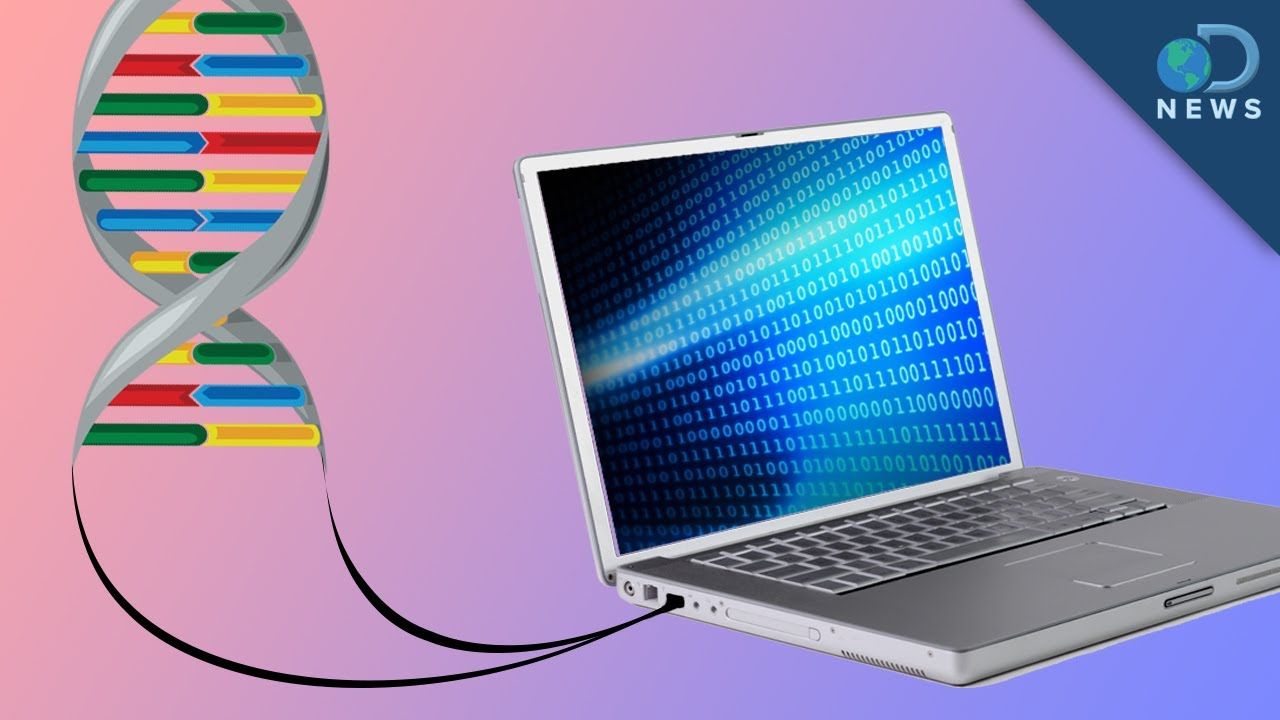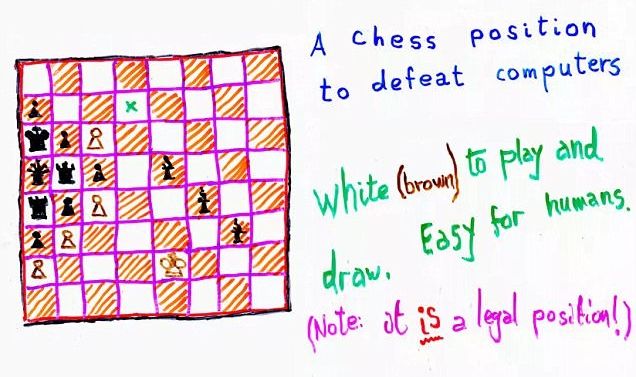Page 10460
Mar 14, 2017
May 18–21, 2017
Posted by Zoltan Istvan in categories: life extension, media & arts, transhumanism
I’ll be speaking on #transhumanism and the Immortality Bus at Moogfest this year in N. Carolina, May 18–21. My talk is currently schedued for Saturday, the 20th. Come hear about my journey across America in a 90 minute presentation, full of anecdotes and descriptions of the wild adventure:
Mar 14, 2017
Could this blocky GIF be our first look at aliens?
Posted by Sean Brazell in category: space
Scientists say Trappist-1, a star only 40 light-years away, could have habitable planets. That’s surprising when you see what they’re looking at.
Mar 14, 2017
Unveils roadmap for commercial “IBM Q” quantum systems
Posted by Carse Peel in categories: biotech/medical, chemistry, computing, quantum physics

Yorktown Heights, N.Y. — 06 Mar 2017: IBM (NYSE: IBM) announced today an industry-first initiative to build commercially available universal quantum computing systems. “IBM Q” quantum systems and services will be delivered via the IBM Cloud platform. While technologies that currently run on classical computers, such as Watson, can help find patterns and insights buried in vast amounts of existing data, quantum computers will deliver solutions to important problems where patterns cannot be seen because the data doesn’t exist and the possibilities that you need to explore to get to the answer are too enormous to ever be processed by classical computers.
IBM Quantum Computing Scientists Hanhee Paik (left) and Sarah Sheldon (right) examine the hardware inside an open dilution fridge at the IBM Q Lab at IBM’s T. J. Watson Research Center in Yorktown, NY. On Monday, March 6, IBM announced that it will build commercially available universal quantum computing systems. IBM Q quantum systems and services will be delivered via the IBM Cloud platform and will be designed to tackle problems that are too complex and exponential in nature for classical computing systems to handle. One of the first and most promising applications for quantum computing will be in the area of chemistry and could lead to the discovery of new medicines and materials. IBM aims at constructing commercial IBM Q systems with ~50 qubits in the next few years to demonstrate capabilities beyond today’s classical systems, and plans to collaborate with key industry partners to develop applications that exploit the quantum speedup of the systems. (Connie Zhou for IBM)
Mar 14, 2017
Light wars: space-based lasers among Beijing’s hi-tech arms
Posted by Carse Peel in categories: military, satellites

Arsenal including electromagnetic railguns and microwave weapons aims to neutralize web of satellites that give US its main strategic edge.
Mar 14, 2017
Your brain is unique – here’s how it could be used as the ultimate security password
Posted by Carse Peel in categories: finance, internet, mobile phones, neuroscience, privacy, security
Biometrics – technology that can recognise individuals based on physical and behavioural traits such as their faces, voices or fingerprints – are becoming increasingly important to combat financial fraud and security threats. This is because traditional approaches, such as those based on PIN numbers or passwords, are proving too easily compromised. For example, Barclays has introduced TouchID, whereby customers can log onto internet banking using fingerprint scanners on mobile phones.
However, this is not foolproof either – it is possible to forge such biometrics. Fingers can after all be chopped off and placed by impostors to gain fraudulent access. It has also been shown that prints lifted from glass using cellophane tape can be used with gelatine to create fake prints. So there is a real need to come up with more advanced biometrics that are difficult or impossible to forge. And a promising alternative is the brain.
Emerging biometric technology based on the electrical activity of the brain have indeed shown potential to be fraud resistant. Over the years, a number of research studies have found that “brainprints” (readings of how the brain reacts to certain words or tasks) are unique to individuals as each person’s brain is wired to think differently. In fact, the brain can be used to identify someone from a pool of 102 users with more than 98% accuracy at the moment, which is very close to that of fingerprints (99.8% accuracy).
Mar 14, 2017
Self-Replicating “DNA Computers” Are Set to Change Everything
Posted by Carse Peel in categories: biotech/medical, computing

Scientists now know how to code information into DNA as though it were a hard drive — the problem is, it’s really expensive to do.
Mar 14, 2017
Does quantum theory explain consciousness? Take the test to find out
Posted by Carse Peel in categories: computing, neuroscience, quantum physics
A chess problem could help scientists finally unravel whether quantum theory can explain human consciousness.
Oxford professor Sir Roger Penrose created the puzzle to prove the human mind can never be matched by a computer because it exhibits quantum effects.
This means the brain doesn’t follow the rules for the classical properties of matter like a computer.
Continue reading “Does quantum theory explain consciousness? Take the test to find out” »
Mar 14, 2017
Steve Job’s first computer on sale: Apple 1 to be auctioned off
Posted by Carse Peel in category: computing
The rare machine — priced $666.66 (£420) in 1976 — was built by hand by Apple founder Steve Wozniak in California. The retro personal computer will be auctioned off in Cologne, Germany, on March 20.
Science reality has caught up with science fiction. Lockheed Martin is showing that laser weapon systems can turn up the heat and stop land, air or sea targets in their path. And, they can be compact enough and power efficient enough for tactical platforms on the move, providing nearly unlimited “bullets” with speed-of-light response.















